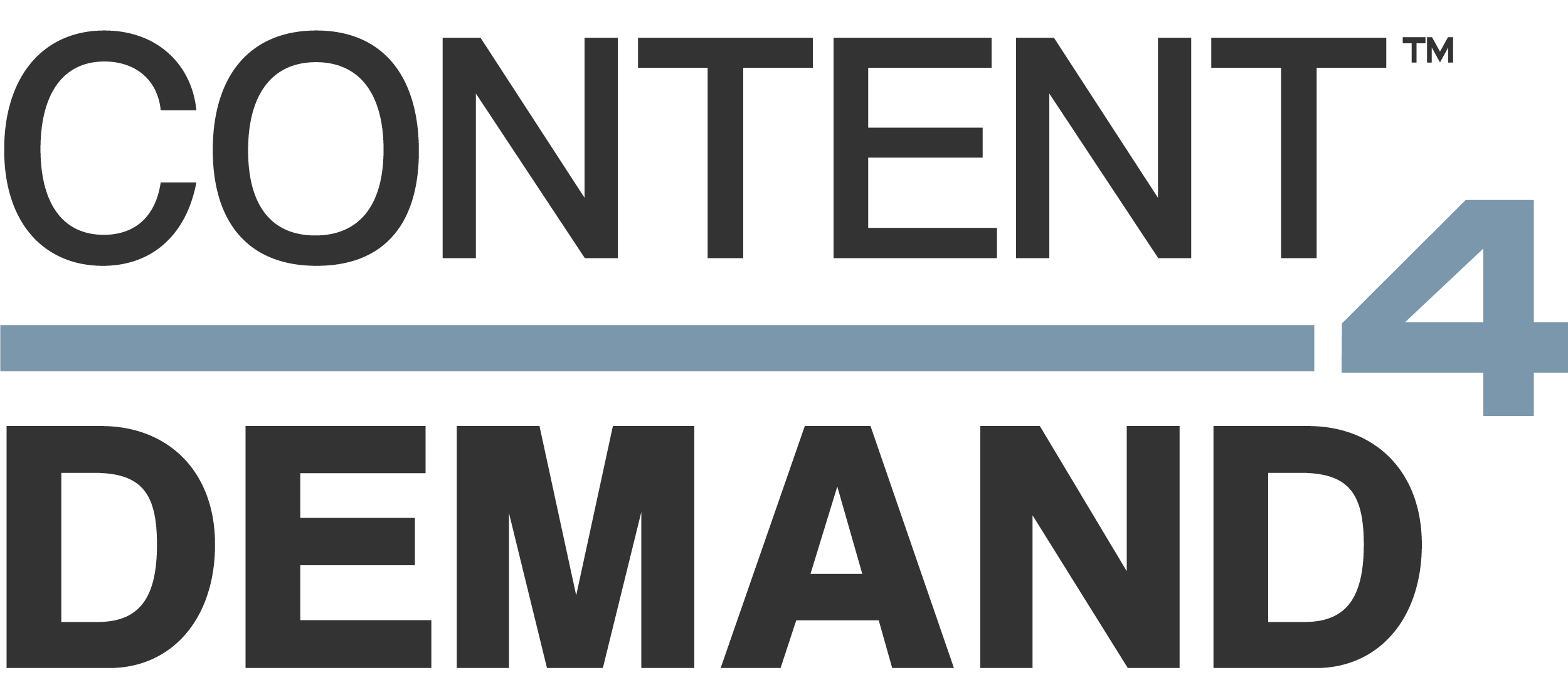Most of us who work in content marketing understand just how closely our world sometimes mirrors that of traditional journalism. It’s both a benefit and a concern: A benefit because content marketing thrives when it aspires to the accuracy, relevance and educational power of journalistic content.
But it’s also a concern because, let’s face it, content marketing serves a fundamentally different purpose than traditional journalism. So when the two diverge in terms of what they aim to accomplish and how they operate, that tension can lead to misunderstandings.
One of the best pieces I’ve read about this sometimes uneasy relationship was published today at The Poynter Institute web site. Poynter is a journalism school with a strong focus on community – and, naturally, a strong focus on journalistic ethics.
I can’t do justice to the entire piece, or to its author, Shane Snow, in a brief blog post. But one of her points stands out enough that it’s worth sharing here:
The bad news is the brand publishing world has no universal set of ethical standards. There’s no Society of Professional Journalists for content marketing. Brands have motivations that sometimes conflict with the values of traditional journalism, putting reporters who work for them in a pickle.
Ask yourself: What would you do if a client asked you to scrub mentions of a competitor from a story? Or what if a brand wanted to hide the fact that it’s behind a piece of content it hired you to produce? Could your answer to either of these changes if you worked on behalf of a corporation rather than a “neutral” news organization?
Fortunately, social media seems to ferret out and publicize the sketchiest publishing behavior, which encourages content purveyors to act with integrity. But best practices are not the same thing as ethics, and often the gray line is blurry.
Here are two points that I’ll offer to continue the discussion. Both are vital to any business that intends to succeed with content marketing:
- First, don’t underestimate just how sensitive a reader’s BS detector can be in today’s wild-and-wooly media environment. Social media doesn’t just publicize “sketchy” publishing behavior – it rakes it over the coals and strings it up for the world to see.
- Second, be ready to acknowledge and embrace the differences between content marketing and traditional journalism. The former exists to build trust relationships with potential customers, but it also exists to promote the sponsoring brand. If you understand the difference between the two, then you can work with either far more easily.
Let’s use Shane’s example – removing mentions of a competitor – as a case in point. Nobody expects a company to promote competitors, especially by name, in their content marketing assets. But everybody expects the company sponsoring that content to be crystal-clear about that relationship. If you try to blur that line – for example, by trying to position content as a “neutral” publication with no ties to your company – then you’re going to get discovered, and then you’ll be sorry.
Another good way of summing this up comes later in Shane’s story: simply put, “never allow readers to be deceived.” There’s a clear line between promotion and deception, and any competent content marketing expert knows that crossing that line is a very risky move.
-Matthew McKenzie


